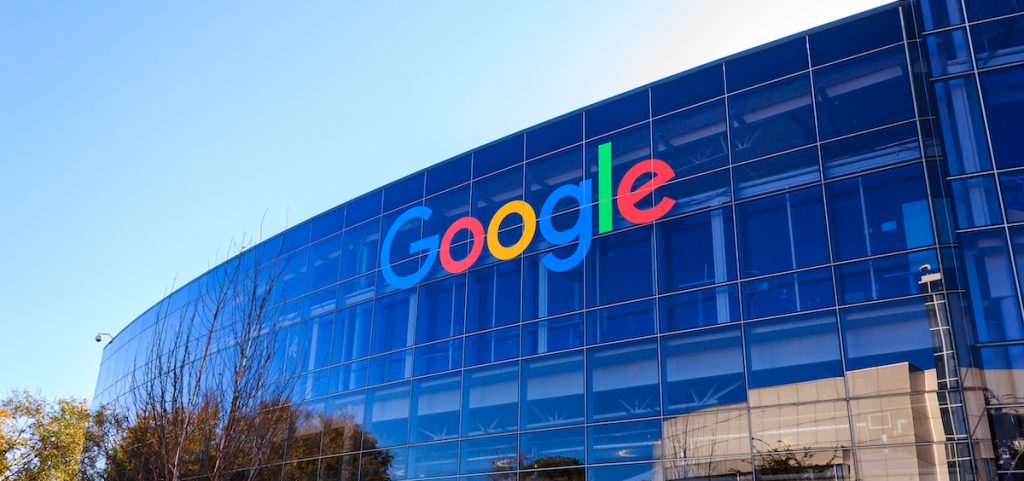WASHINGTON (NewsHour) — The monopoly case against Google is going to court in what’s considered the biggest antitrust trial of the modern digital era.
The question in this trial centers on whether Google stifled competition and harmed consumers by becoming the default search engine through deals with phone makers and internet browsers.
Geoff Bennett discussed the case with Cecelia Kang and Rebecca Allenworth.


